Introduction:

The 2010 Winter Olympics was a worldwide multi-sport event held from February 12 to 28, 2010, in Vancouver, British Columbia, Canada. The event was the third Olympics hosted by Canada, and the first Winter Olympics to be held in the country since 1988. The 2010 Winter Olympics featured 86 events in 15 winter sport disciplines, including skiing, skating, curling, and ice hockey. Athletes from 82 National Olympic Committees participated in the games, competing for gold, silver, and bronze medals. With over 2.5 million tickets sold and an estimated global TV audience of 3 billion, the 2010 Winter Olympics was one of the most-watched sporting events in history.
The Preparation for the 2010 Winter Olympics
Vancouver's Bid to Host the Olympics
In 2003, Vancouver's bid to host the 2010 Winter Olympics was accepted by the International Olympic Committee (IOC), beating out Pyeongchang, South Korea, and Salzburg, Austria. The bid was partly based on the success of the 1988 Winter Olympics held in Calgary, Canada. Vancouver promised to deliver the games in a cost-effective, environmentally friendly, and socially beneficial way, showcasing Canada's diverse culture and natural beauty.
Despite some initial opposition from local groups concerned about the cost of hosting the Olympics and their impact on the environment, the majority of Canadians supported the event. Vancouver invested over $6 billion CAD in infrastructure, transportation, and security upgrades, including the construction of new Olympic venues and the improvement of existing ones. The city also implemented sustainability measures such as carbon offsets, green transportation, and waste reduction programs.
Preparations for the Games
The 2010 Winter Olympics organizers faced numerous challenges, including warm weather, lack of snow, and security concerns. The warmest winter on record in Vancouver in 2009-2010 threatened to melt the snow and ice at the Olympic venues, putting the games at risk. The organizers had to use advanced snowmaking technology and airlift snow from higher altitudes to ensure that the venues were ready for the athletes.
As for security preparations, a Joint Intelligence Group consisting of the RCMP, CSIS, and other agencies was set up to monitor potential threats and protect the games from terrorism. The organizers also had to deal with protests by indigenous groups, who opposed the Olympics being held on their traditional lands.
The Highlights of the 2010 Winter Olympics
The Opening and Closing Ceremonies
The 2010 Winter Olympics kicked off with an extravagant opening ceremony on February 12, featuring a performance by k.d. lang, a parade of athletes from around the world, and the lighting of the Olympic cauldron by hockey star Wayne Gretzky. The ceremony showcased Canada's history, culture, and diversity, including performances by First Nations artists and a tribute to the country's French and English heritage.
The closing ceremony on February 28 was equally impressive, with a celebration of Canada's music, sports, and art. The performers included Neil Young, Michael Bublé, and Avril Lavigne, and the ceremony concluded with the official handover of the Olympic flag to the mayor of Sochi, Russia, the host of the next Winter Olympics in 2014.
The Sports Events and Medal Winners
The 2010 Winter Olympics featured 15 disciplines in various sports, including alpine skiing, biathlon, bobsleigh, cross-country skiing, curling, figure skating, freestyle skiing, ice hockey, luge, Nordic combined, short track speed skating, skeleton, ski jumping, snowboarding, and speed skating. Some of the highlights of the games include:
- Canada's first gold medal on home soil, won by Alexandre Bilodeau in moguls skiing
- The dramatic overtime win by the Canadian men's ice hockey team over the USA in the gold medal game
- The record-breaking performance of Norwegian cross-country skier Marit Bj?rgen, who won three gold medals and one silver
- The impressive showing by the Canadian figure skating team, who won gold in the team event
- The domination of Dutch speed skater Sven Kramer, who won two gold medals and set a new Olympic record in the 5000m race.
The Legacy of the 2010 Winter Olympics
The 2010 Winter Olympics left a lasting legacy for Vancouver and Canada, both in terms of infrastructure and cultural impact. The organizers built several new venues for the games, including the Richmond Olympic Oval for speed skating and the Whistler Sliding Centre for bobsleigh and luge. The Vancouver Olympic Village, which housed the athletes during the games, was converted into a mixed-use residential community after the Olympics, providing affordable housing for over 1,100 families.
The 2010 Winter Olympics also had a significant cultural impact, showcasing Canada's diversity, hospitality, and passion for sports. The games brought together people from different cultures and backgrounds, creating a sense of national pride and unity. The success of the 2010 Winter Olympics also paved the way for future winter sports events in Canada, including the 2014 Winter Olympics in Sochi and the 2026 Winter Olympics, which Calgary is bidding to host.
The editor says: The 2010 Winter Olympics was a remarkable event in the history of winter sports. It showcased Canada's ability to host a world-class multi-sport event while promoting sustainability, diversity, and national pride. The legacy of the games lives on through the infrastructure, community, and cultural impact they left behind.

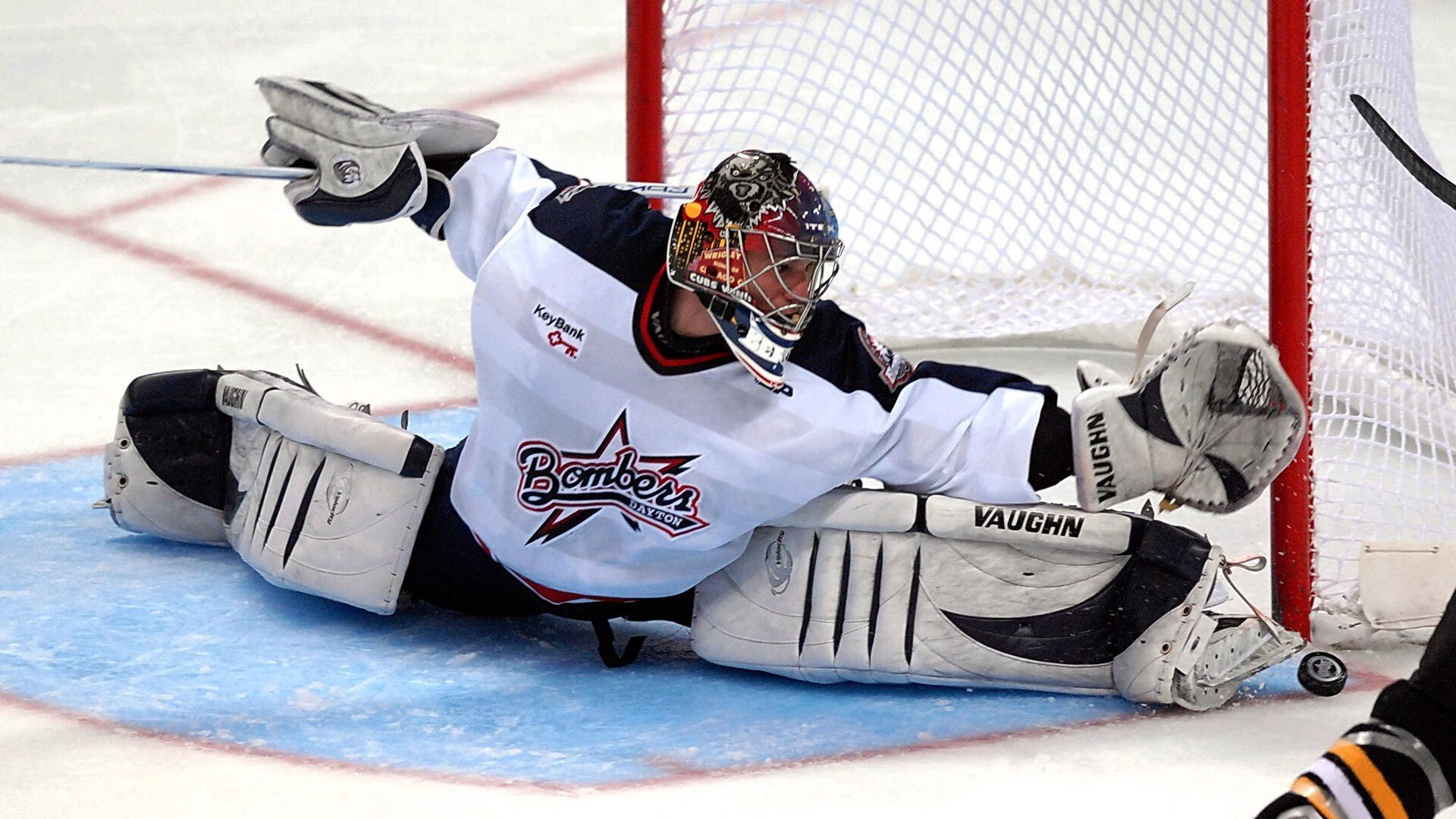
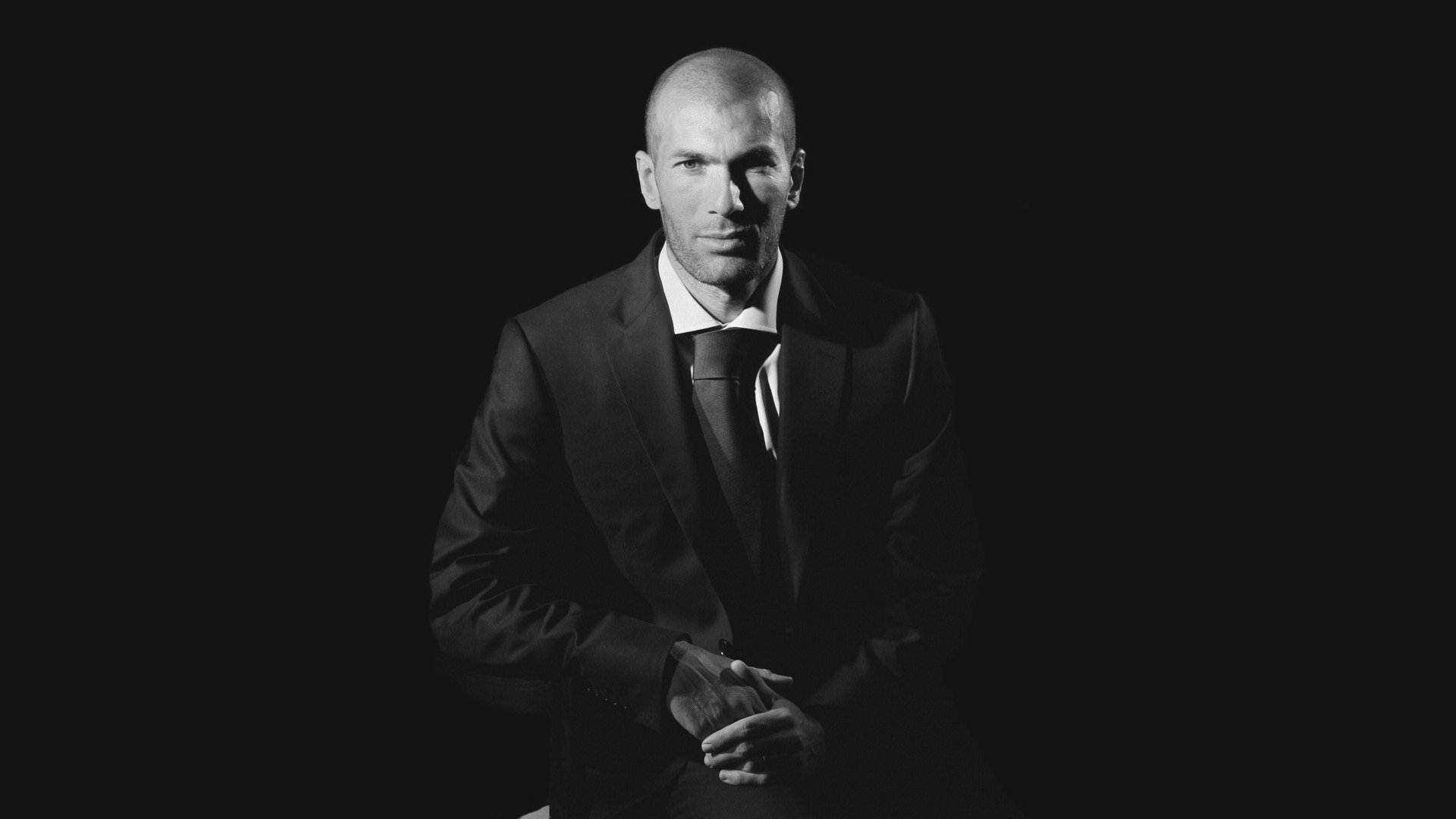
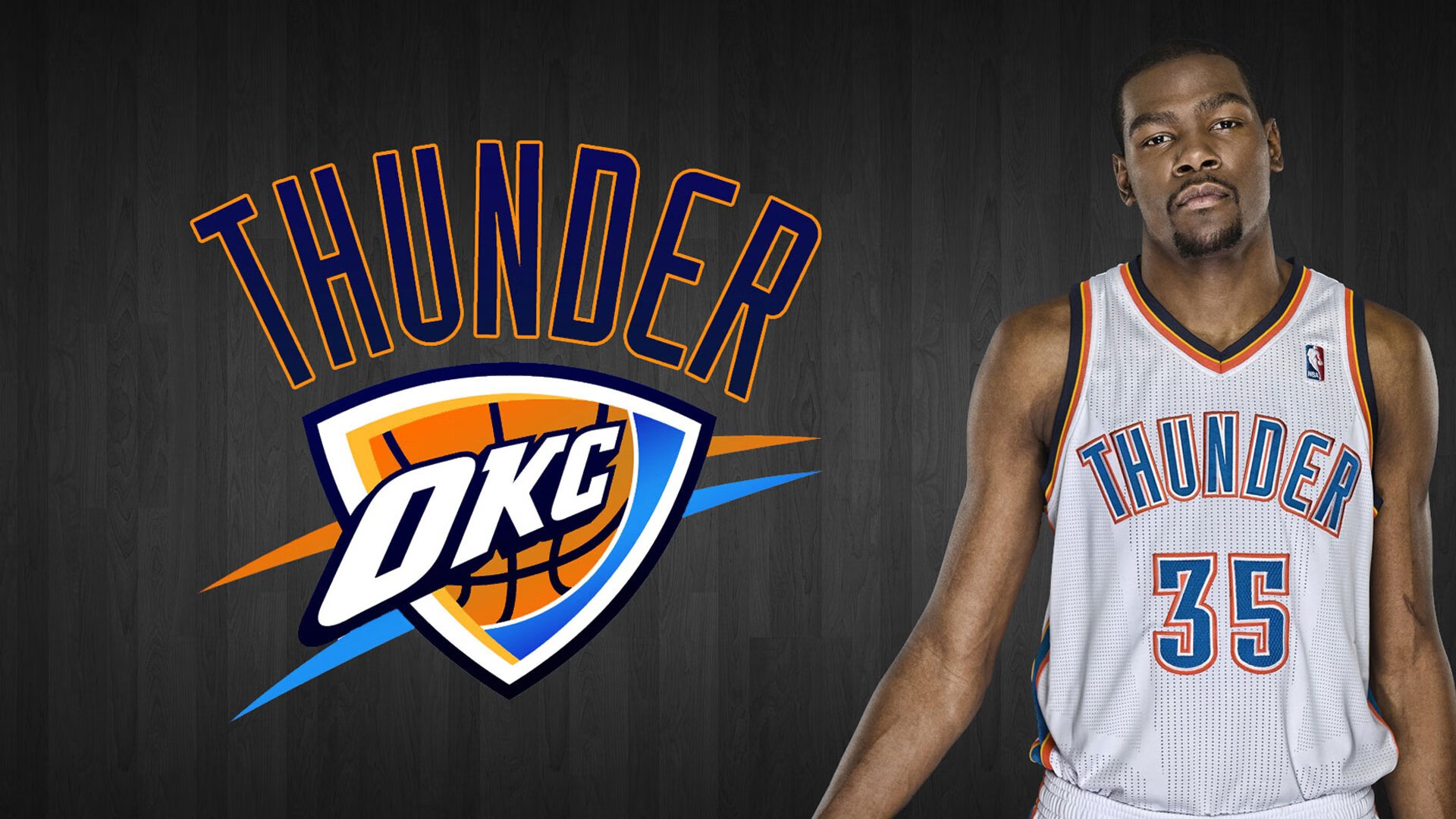
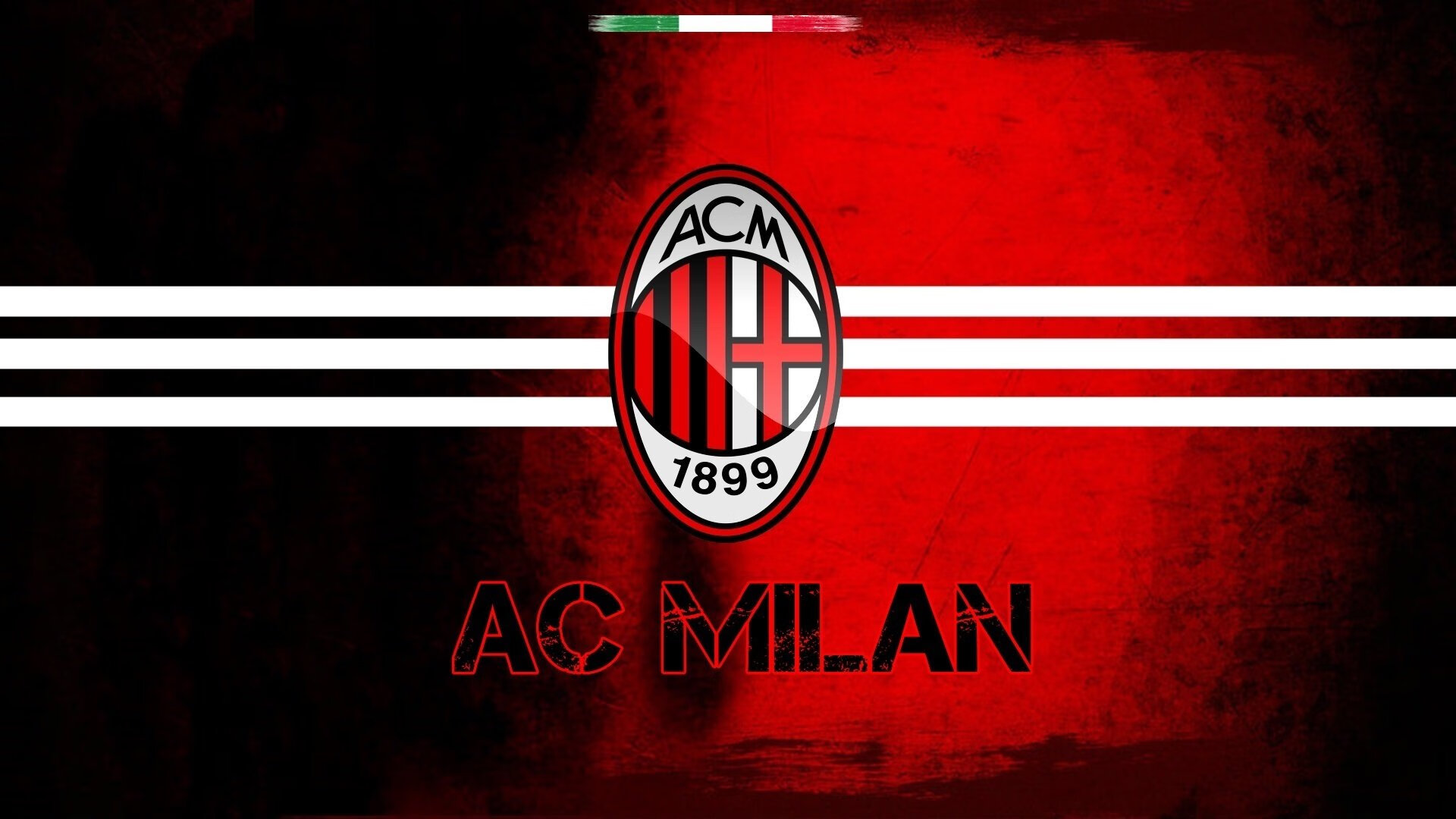
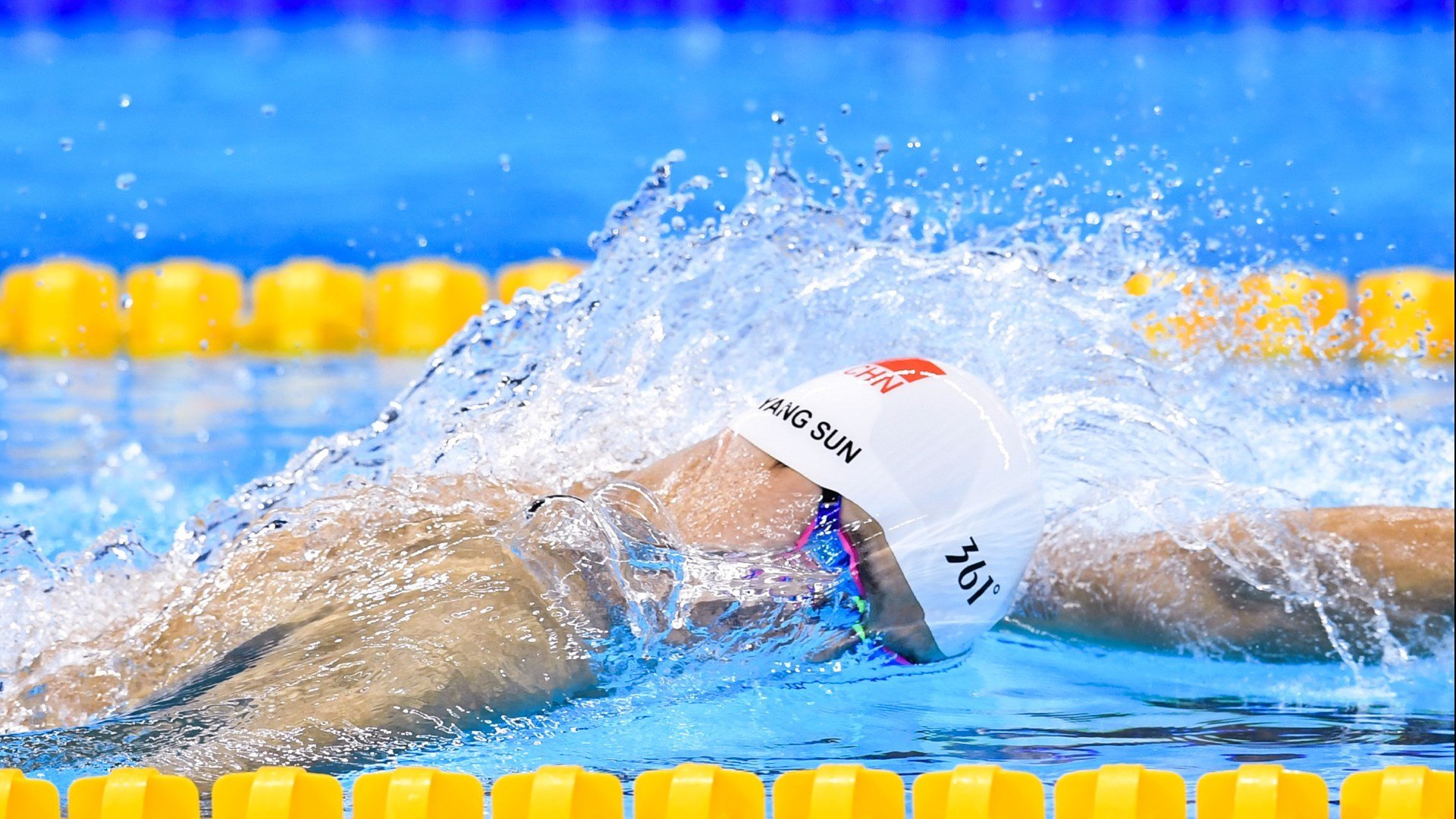
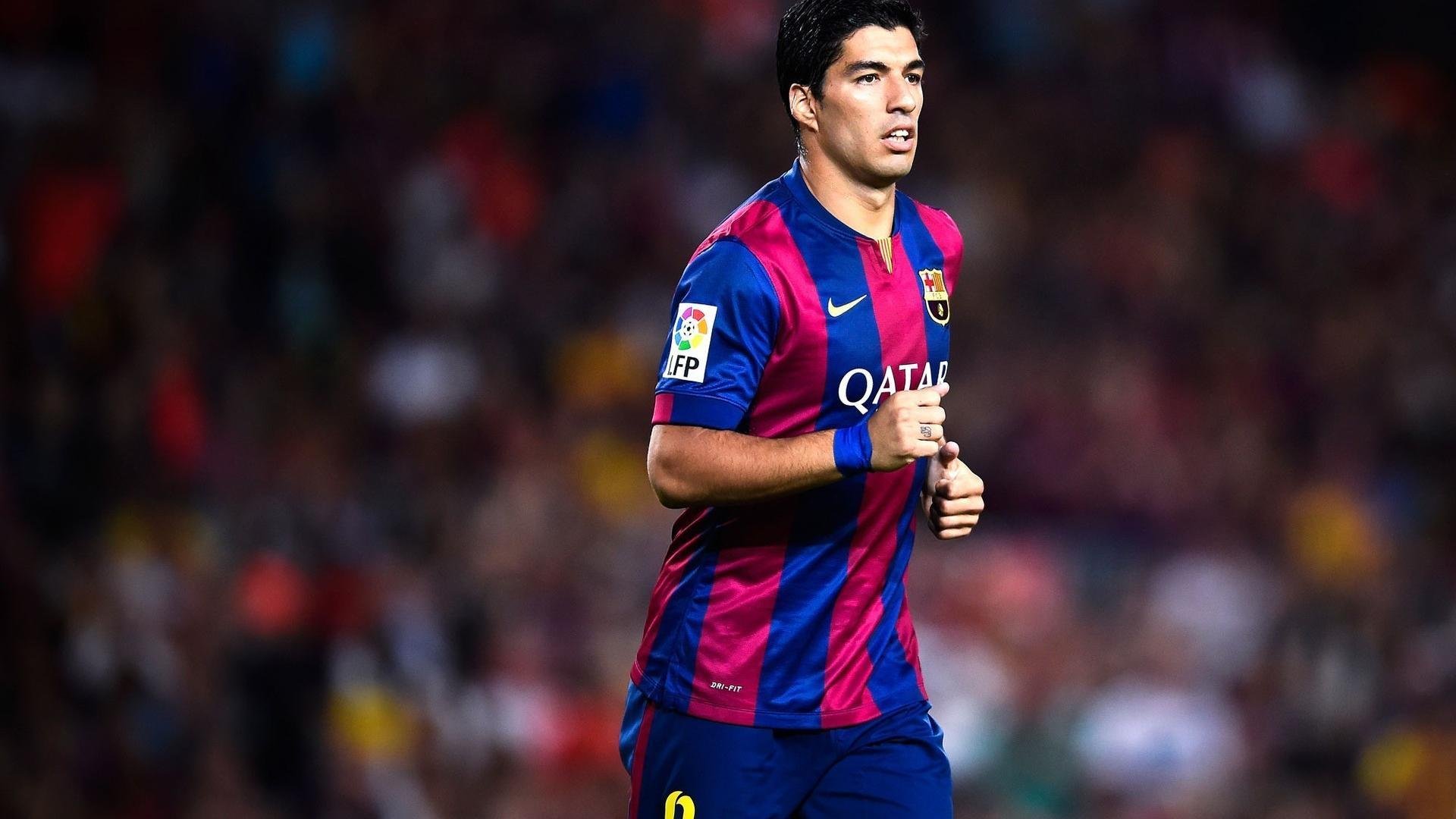



暂无评论
发表评论